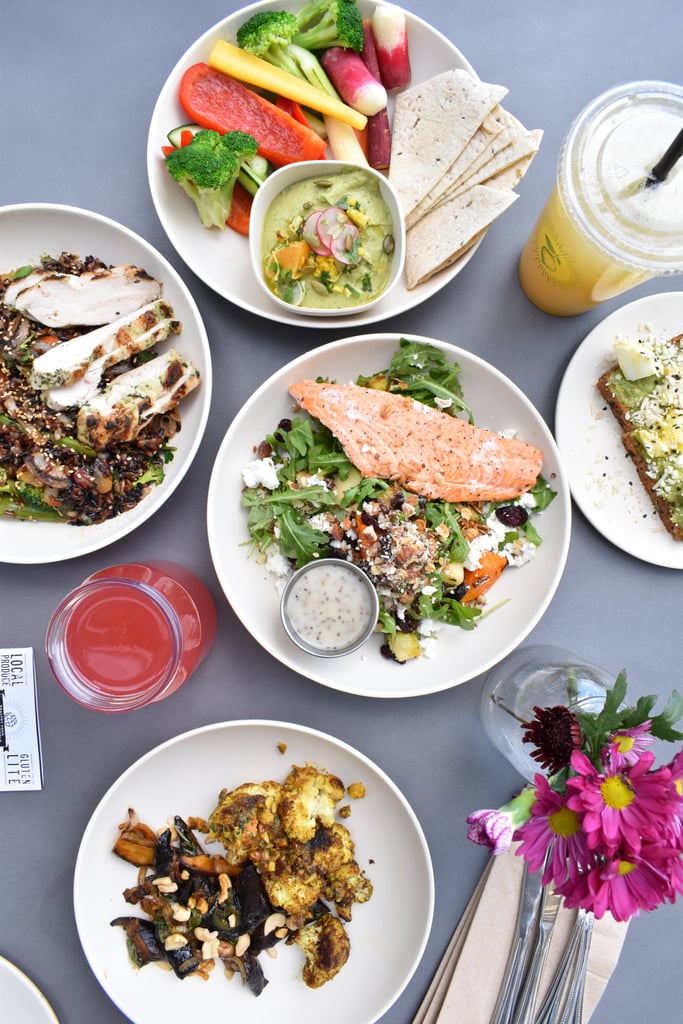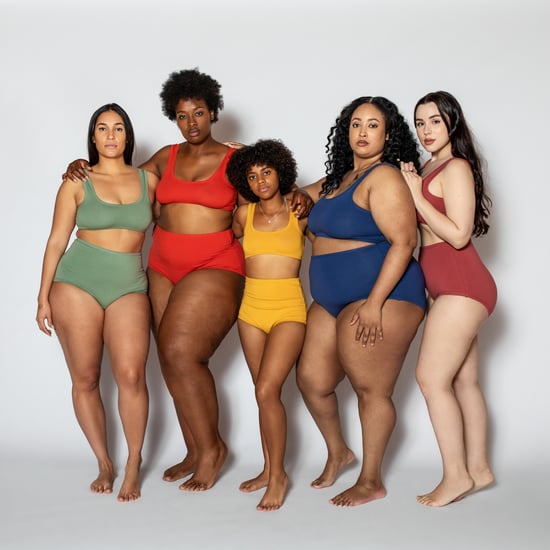Myths About Eating a Plant-Based Diet
The 7 Most Common Myths About Plant-Based Diets
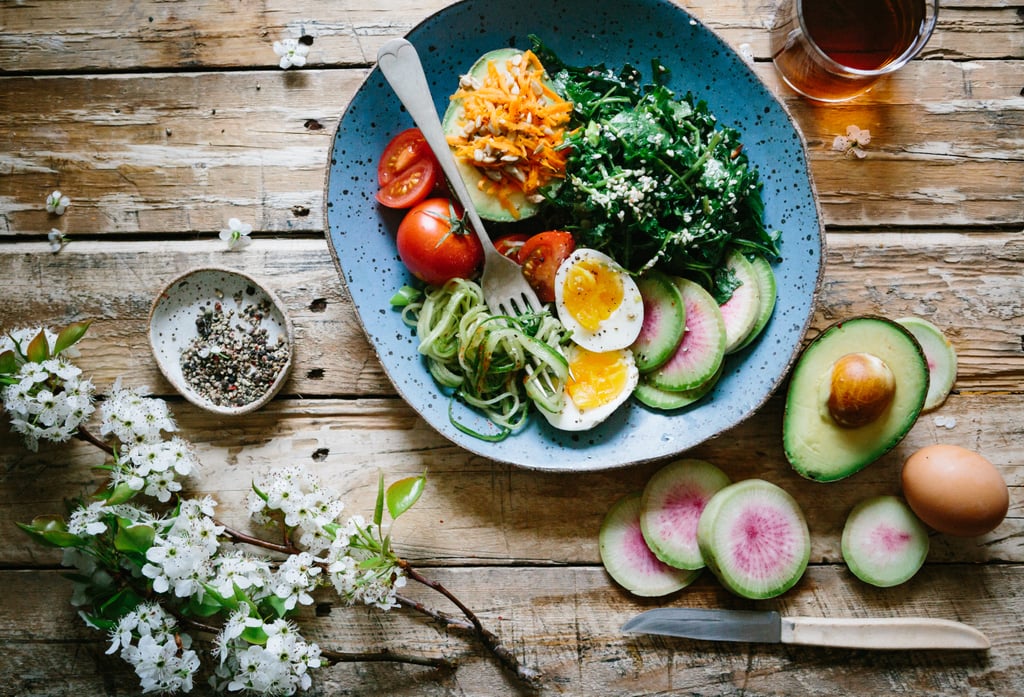
You may have noticed — much to the delight of any vegan or vegan-curious — plant-based eating seems to be on everyone's mind. Earlier this year, the Golden Globes served its first-ever vegan menu, while the Netflix documentary Game Changers touted the benefits of plant-based diets for elite athletes. Add the fact that you can find or make a cauliflower version of pretty much every dish, and even eat a meatless Impossible Whopper at Burger King, and it's clear that it's never been easier to up your veggie intake.
But what exactly is plant-based eating? According to Maggie Moon, MS, RD, and best-selling author of The MIND Diet, "There's no official definition of a plant-based diet, but every nutrition expert I've spoken to about it agrees that it is based on plants. It includes vegans and vegetarians, but it also includes flexitarians, those following the MIND diet, and anyone trying to eat mostly plants with smaller amounts of animal foods. Though I don't speak for all dietitians, I know many of us encourage a discussion around plant-based eating to shift the ratios of plants on the plate. So, there are no foods that are off-limits in that sense. You have to meet people where there are. If I'm getting someone to give leafy greens a few more inches of real estate on the plate in the name of plant-based eating, that's a win."
Despite benefits like being more environmentally sustainable and decreasing your risk of heart disease, there are still many myths and misconceptions surrounding eating plant-based (Will I get enough protein? But . . . can I still eat cheese?) We talked to several nutritionists to get the real dish on plant-based diets.
Myth 1: It's hard to get enough protein on a plant-based diet.
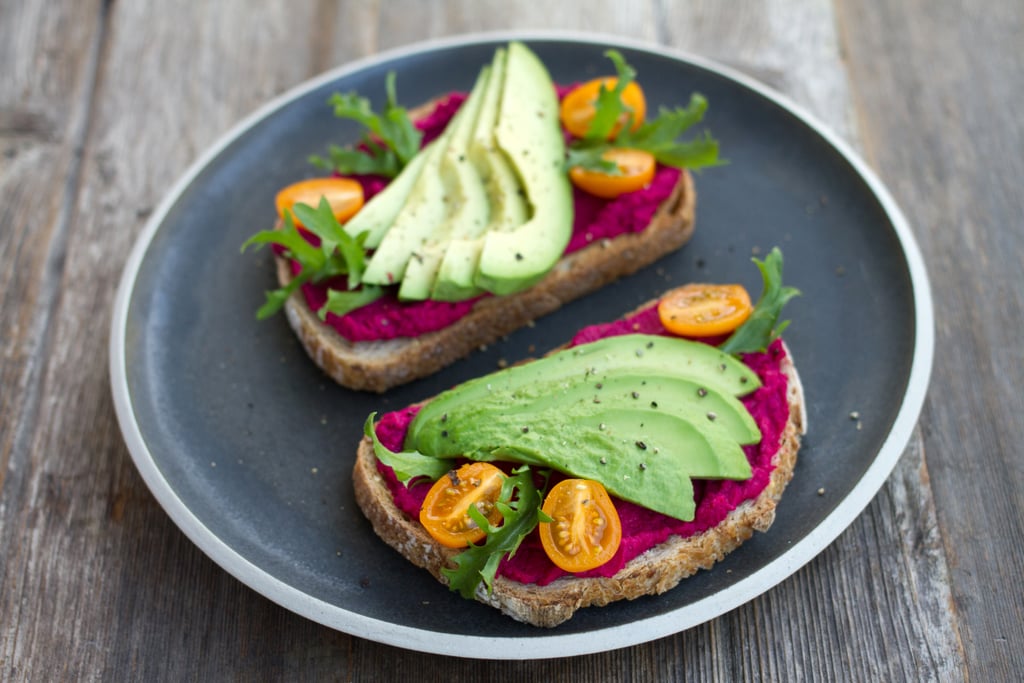
Myth 2: You have to go full vegetarian or vegan.
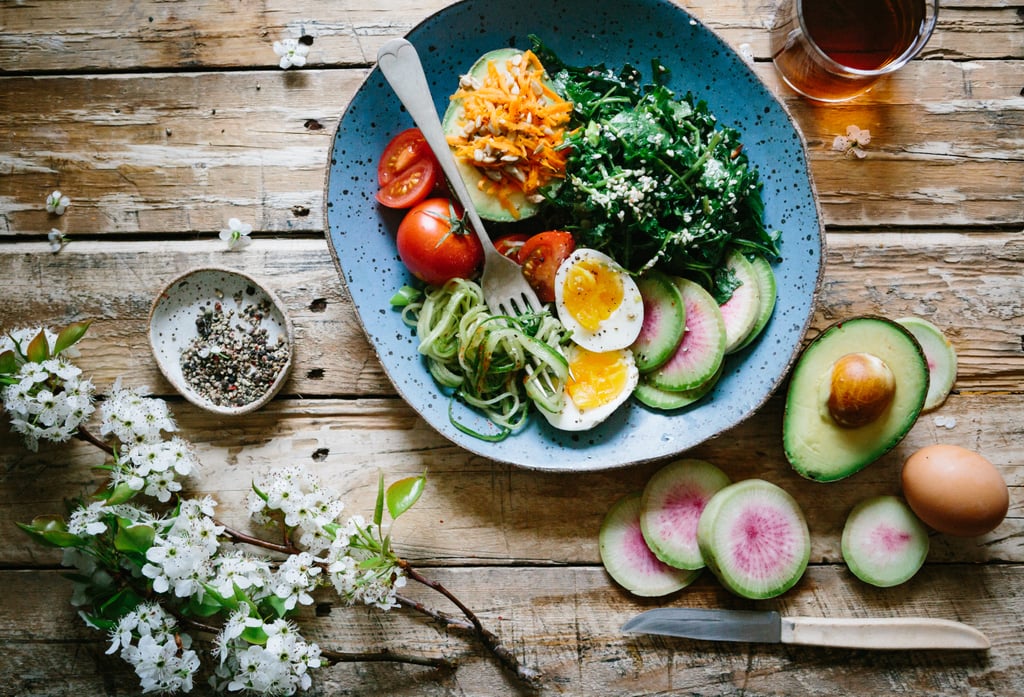
Myth 3: A plant-based diet is automatically healthy.
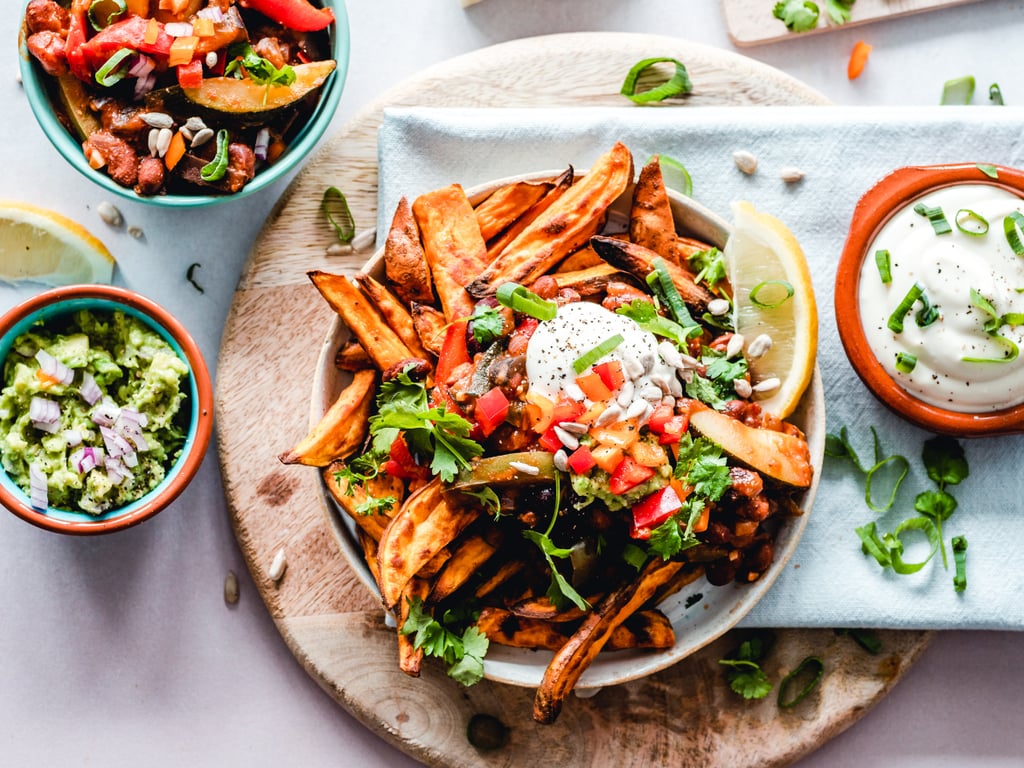
Myth 4: Plants don't have all the essential amino acids you need.
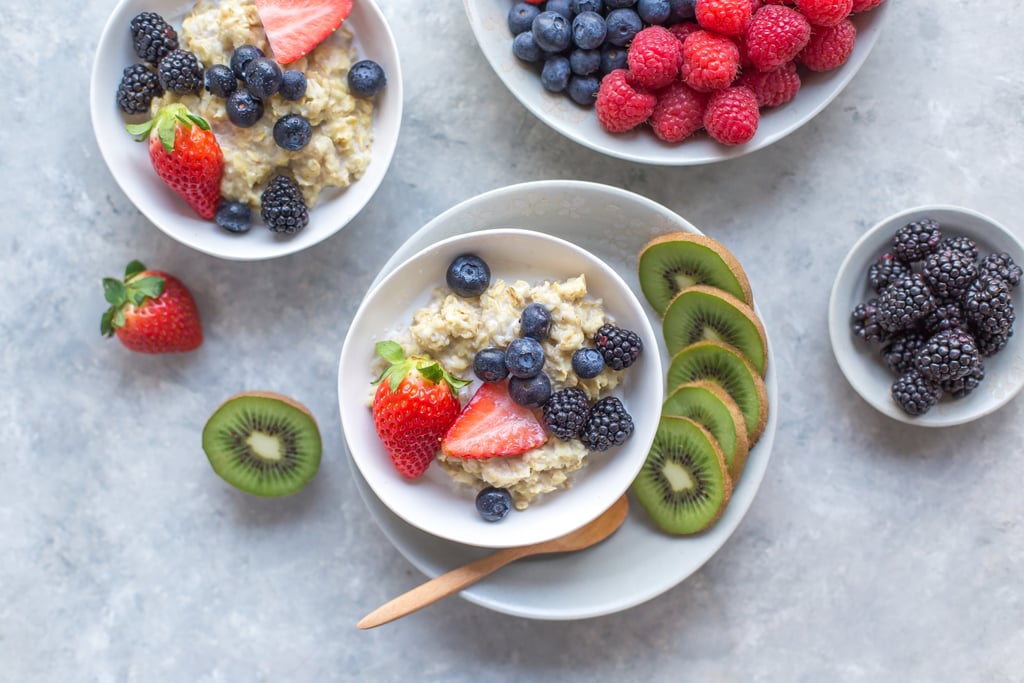
Myth 5: Eating plant-based is expensive.
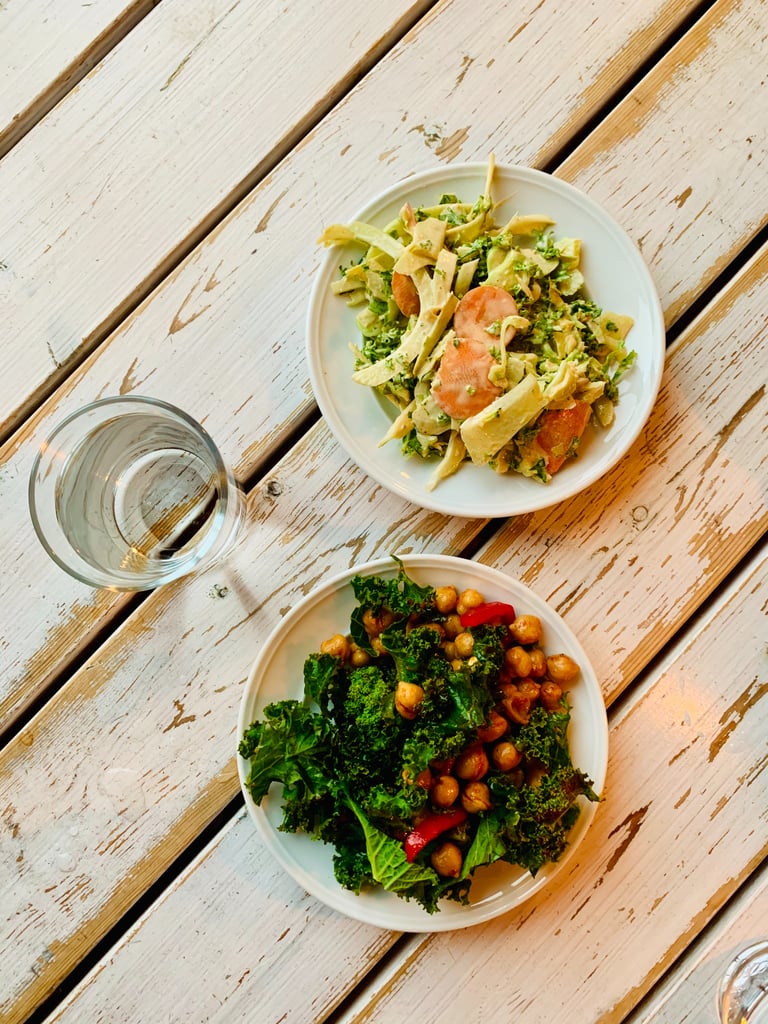
Myth 6: You have to give up all your favourite foods.
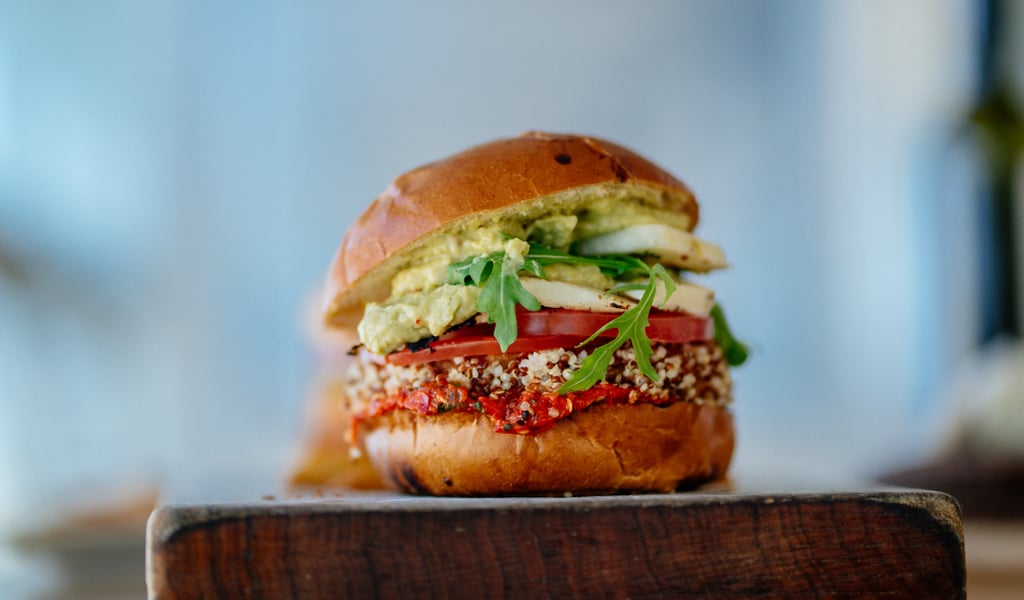
Myth 7: It’s restrictive.
